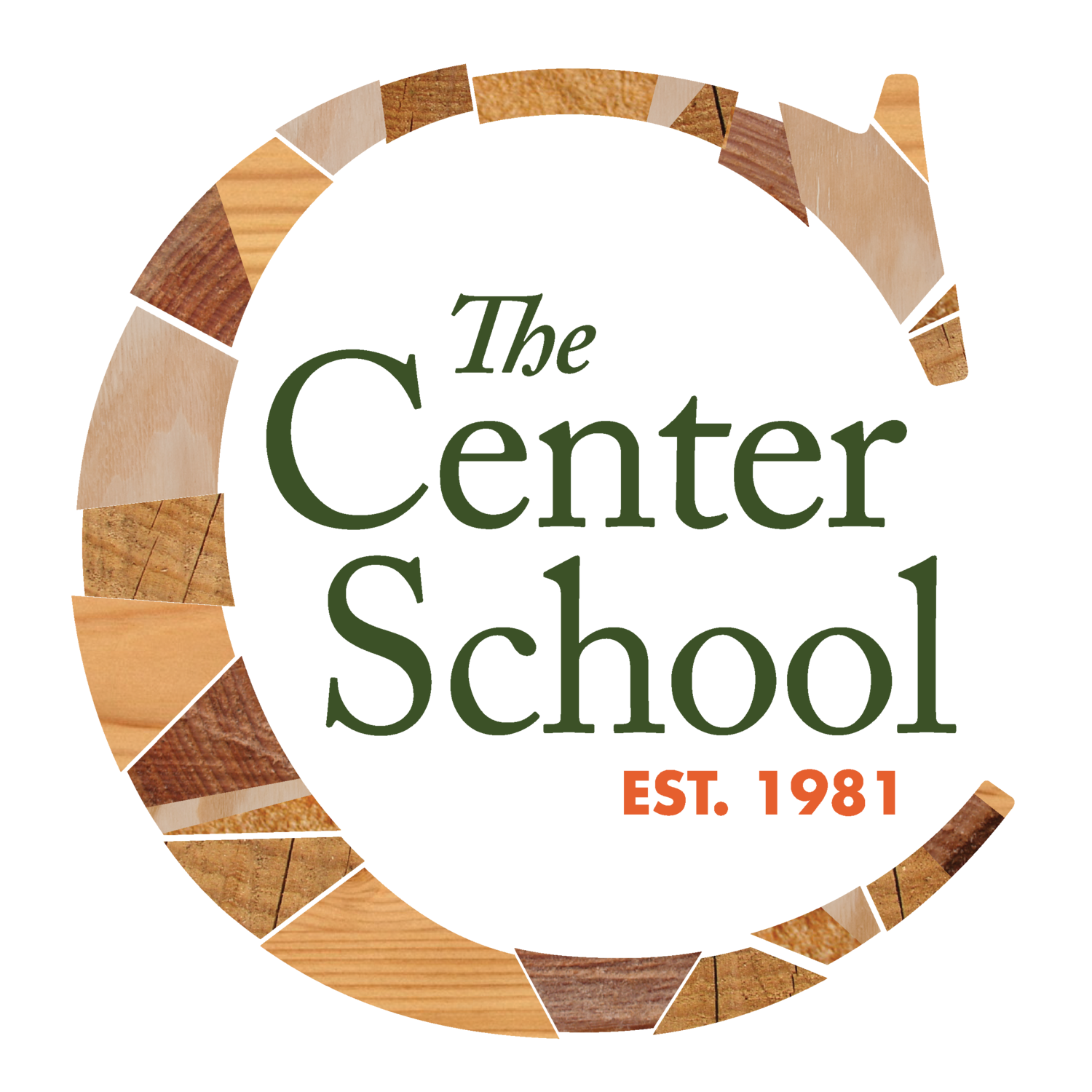New Teachers’ Center
By RICHIE DAVIS
Recorder Staff
Friday, May 11, 2007
Greenfield Center School typically teaches 140 students, from kindergarten through Grade 8.
Saturday [May 12] though, it will host 100 teachers and school officials from around the country to help advance ”progressive” practices at other elementary schools, as part of the nationwide Coalition of Essential Schools.
The event at the 26-year-old private school will launch a laboratory school within the school, the ”New England Coalition of Progressive Elementary Educators Center.”
”Progressive,” Center School Principal Laura Baker explains, isn’t a political description, but defines a philosophy based on ”getting to know the children, meeting them at their level and bringing them to a place that has them being knowledgeable to making good decisions that are ethical and benefit all.”
In the past 10 years though, she said, kindergarten-though Grade 8 schools have retreated, in part because of an overemphasis on teaching to achieve high standardized test scores, so that in many cases teachers have specialized in subject areas more than in knowing their students and how to meet their needs.
”Last week, I was at an elementary school where they had a science specialist and they traded classes for math. … They have a million teachers who are doing very specific types of education, and it’s not integrated.”
Baker sees education as based on relationships and said, ”Yes, you have to know where you’re going, but you have to know your kids. There have to be people that ‘own’ those kids and work as a team. In lots of ways the knowing of kids is being reduced and it’s being replaced by the knowing of the skills by which we’re measuring the kids, without really looking at the kids themselves.”
Focusing on a child-centered approach doesn’t mean that schools have to sacrifice having students doing well on testing, said Baker.
Rooted in the writings of educational theorist John Dewey, progressive education emphasizes project-based, student-centered learning driven by their interests and passions.
The center school’s founding philosophy is that how children learn to treat one another is as important as the reading, writing and arithmetic in the curriculum. In actively working with schools around the country, particularly public schools around the region, the coalition is trying to prepare young people ”in the skills, knowledge and habits of heart and mind essential to sustaining and expanding a democratic, just and equitable society.”
That mission, described in its ”statement of values,” may sound like a lot to take on. But, Baker said, the Greenfield school incorporates each of its 10 principles in its workings of the classroom, the school, staff and community outreach in real ways.
For example, it tries to practice democracy by having students make the rules for the classroom at the start of the year, discussing how they want the classroom to be, what they hope to accomplish and what they need to do to make that happen.
A ”less is more” principle means that study of a theme like ecology looks deeply and in context, to see how it relates to responsibility and how it changes the way we think and how to think about its broad implications.
Among other principles are practicing ”a tone of decency and trust” and knowing all of the children well, through morning meetings and close observation and then using that knowledge in seeing that their individual needs are met.
”This comes at a time when I think it’s imperative to bring that out,” said Baker, explaining that the national coalition has emphasized helping high schools become more progressive to meet the needs of their students.
The Coalition of Essential Schools, with about 600 affiliate schools around the country, is interested in creating a network of teachers and university-level education specialists who can work with elementary schools to see how progressive teaching principles can be incorporated, knowing that the end result will ”look different” in each setting.
The 10-year effort to push for elementary schools to embrace this approach culminated in a summit in Chicago last October. Baker and special abilities teacher Susan Schwartz were part of a planning committee, along with New York University education specialist Deborah Meier, to find ways to foster the movement in a way that mirrors it: democratically, with local-decision and ”active engagement.”
Participants this weekend will, among other exercises, be able to record 10-minute stories from their own teaching and learning experience that demonstrate what seems to work and what doesn’t in education, Baker said.
”We hope it’s going to impact schools all over the place,” she said, emphasizing that the need for youngsters to be understood and involved in education at a fundamental age is more important than ever.
”I think it’s always been imperative,” she said. ”It’s our job to know kids, for kids to be an important part of our (school) community. I think we’ve got to go back to fundamentals here.”
For Baker and others at the school, those fundamentals need to teach kids how to be an empathetic, ethical, good person.
On the Web: http://www.centerschool.net
http://www.essentialschools.org
You can reach Richie Davis at rdavis@recorder.com or (413) 772-0261 Ext. 269

